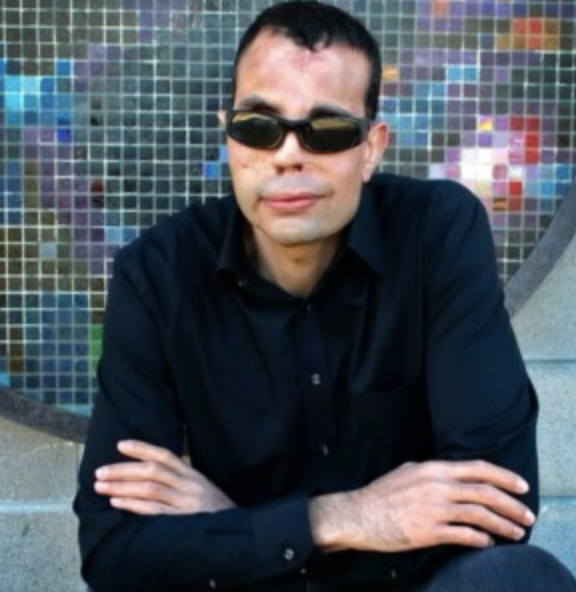Paper Presentation
Immigrants, Refugees, and Displaced Populations
Session: Health, Disability, and Opportunity Among Refugees and Immigrants
Employment Integration of Refugees with Disabilities: Challenges and Opportunities
Saturday, October 25, 2025
12:30 PM - 1:00 PM MT
Location: Sheraton Tower, Terrace Level - Terrace

- DH
